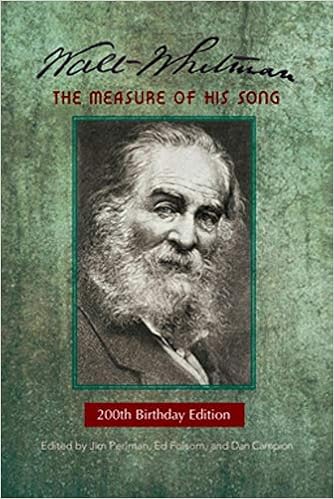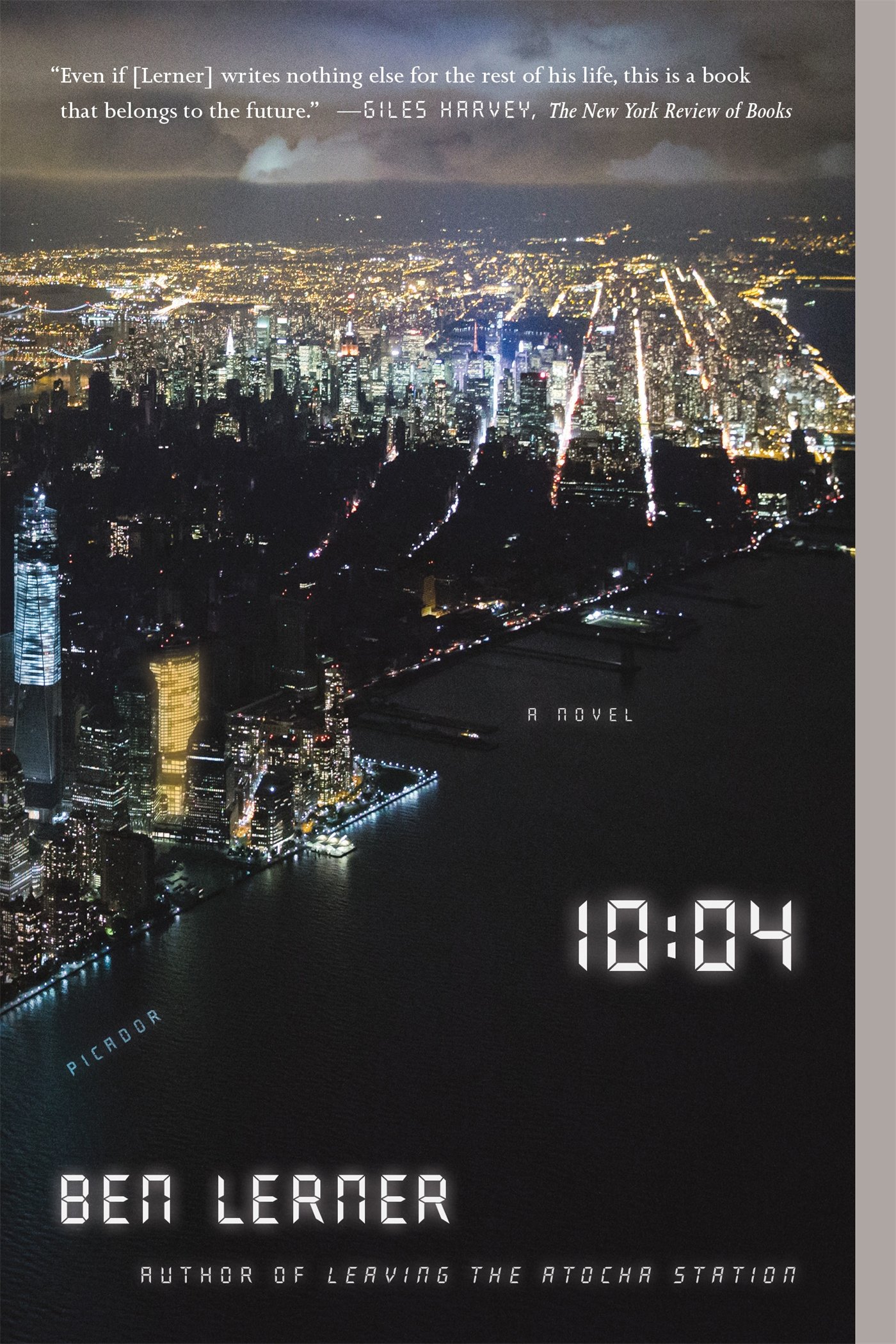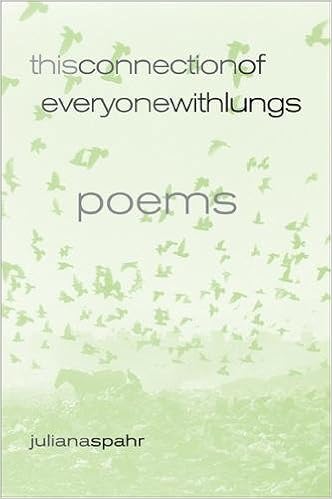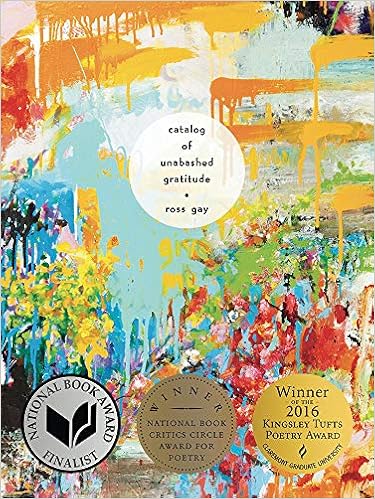ENGL 450.1 | Fall 2019 | MYBK 220 | T/TH 12:15 – 1:30
 Walt Whitman has been a perpetual muse and menace to poets and novelists alike. His poetry has been given new life in over 1,000 musical settings. Mahatma Gandhi and Joseph Stalin both recited his work. Schoolchildren chant “O Captain, My Captain!” and scholars fill books with the most intrusive speculations about him. His visage sells hipster T-shirts in Greenwich Village and craft beers in Michigan; his voice sells everything from Levi’s to iPads. Whitman—as the poet himself said—contains multitudes.
Walt Whitman has been a perpetual muse and menace to poets and novelists alike. His poetry has been given new life in over 1,000 musical settings. Mahatma Gandhi and Joseph Stalin both recited his work. Schoolchildren chant “O Captain, My Captain!” and scholars fill books with the most intrusive speculations about him. His visage sells hipster T-shirts in Greenwich Village and craft beers in Michigan; his voice sells everything from Levi’s to iPads. Whitman—as the poet himself said—contains multitudes.
Roy Harvey Pearce once wrote that “the history of American poetry could be written as the continuing discovery and rediscovery of Whitman, an ongoing affirmation of his crucial relevance to the mission of the American poet: which is, as it is everywhere, simply to tell us the truth in such a way that it will be a new truth, and in its newness will renew us and our capacity to have faith in ourselves, only then together to try to build the sort of world which will have that faith as its necessary condition.”
The very content of this course confirms Pearce’s claims for the sheer magnitude of Whitman’s influence. Indeed, Thomas Gardner has written that Whitman’s influence is so generalized in our culture–especially literary culture–that we might consider what he gave us as a particular set of tensions that continue to reverberate. Keeping these tensions in mind, we will also work very hard to expand the scope of his suggestion beyond easy affirmation and faith, even as we move beyond poetry to prose and popular culture, and beyond America to the wider world. While we will necessarily follow certain well-worn tracks of Whitman’s influence, we will also stray frequently outside of them.
This semester, we will ask questions such as the following: How have American writers felt Whitman’s influence in different historical and cultural contexts? How did Whitman influence writers in other countries? How is Whitman’s presence felt in the world beyond poetry—in novels, in songs, in popular culture? And how are emerging writers today continuing to respond to Whitman’s influence?
Required Course Materials
All required course materials are available through the CofC College Bookstore and are also widely available for purchase online (images below are linked to Amazon).

~ 2010 ~ |

|

|

|

|
|
Learning Objectives
- Engaging Literary Influence: using Whitman as a case-study, this course introduces students to the ways in which literary influence occurs both directly and indirectly, in both literary and pop-cultural settings.
- Collaborative Engagement: students will have many opportunities to engage in conversations in class and online, both in relation to course readings and in relation to research projects
- Cumulative Skills Demonstration: as a capstone seminar, this course is designed to allow you to use the skills and knowledge you have gained in 200 and 300-level courses (related to close-reading, research, and composition) to pursue a substantial scholarly project of your own choosing related to the course topic.
By the end of this course, students will:
- Have a strong understanding the role Walt Whitman has played in the construction of American identity, especially as it relates to literary and cultural production. This understanding will be evaluated through in-class participation and blogging assignments across the semester.
- Have applied this understanding of Whitman and his influence to a range of subsequent artists.
- Have created an original, significant, mentored, multiple-draft research-based project on a subject of their own choosing related to Walt Whitman and his influence across the twentieth-century and beyond.
- Have participated in a community of scholars, collaborating and offering feedback on the work their peers create in the final research-based project.
